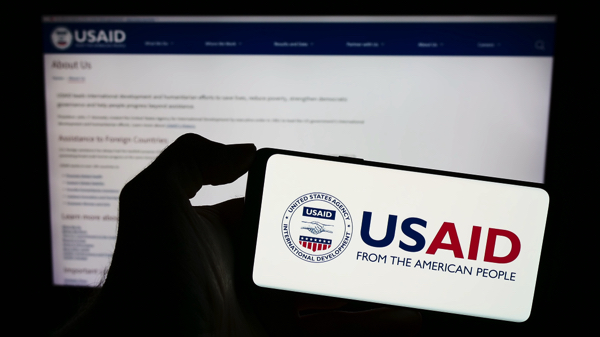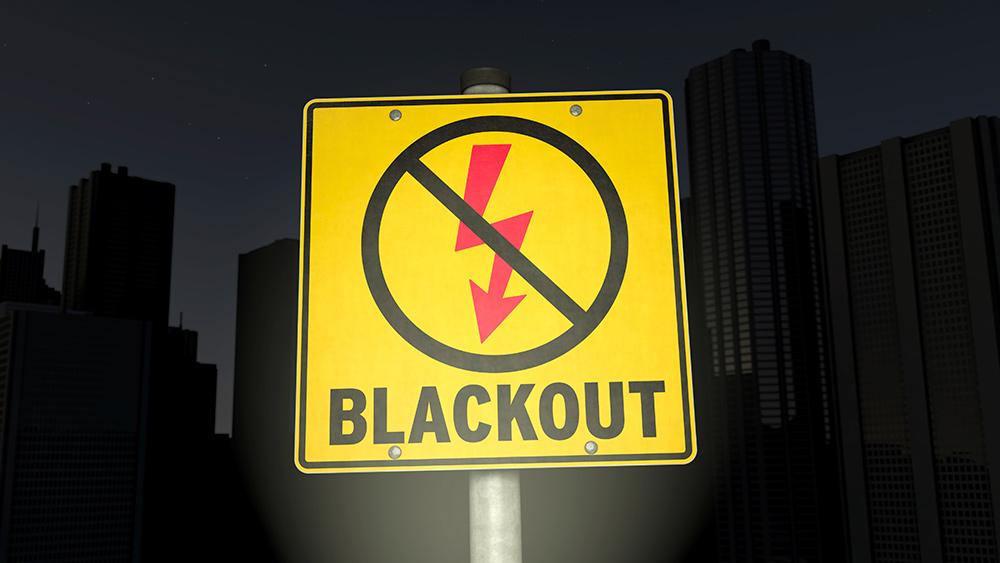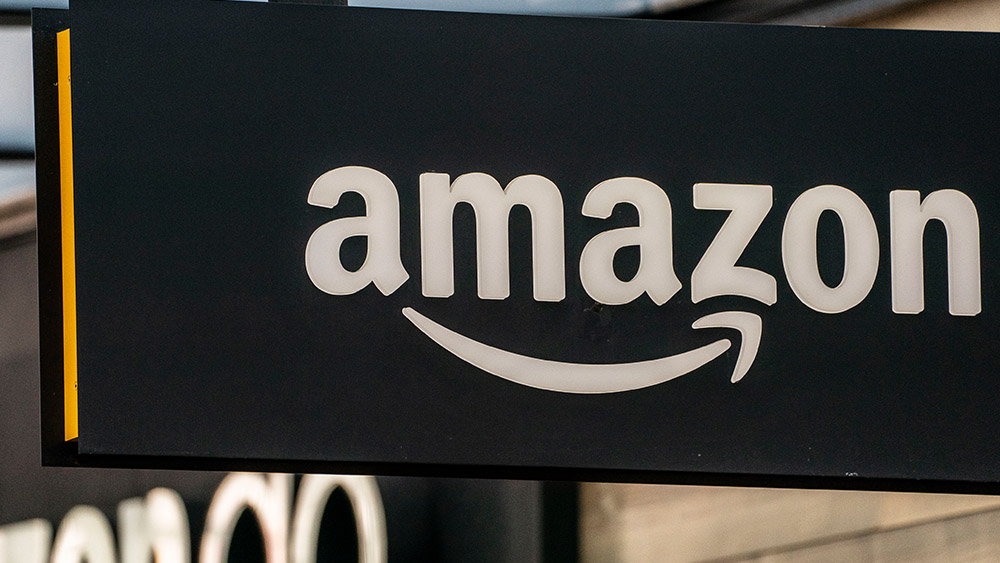U.K. demands Apple build global backdoor, threatening privacy worldwide
By willowt // 2025-02-11
Tweet
Share
Copy

- The British government has secretly demanded that Apple create a backdoor into its encrypted cloud storage, allowing unprecedented access to user data worldwide under the Investigatory Powers Act of 2016.
- The U.K.’s demand marks a significant escalation in the global debate over encryption, privacy and civil liberties, potentially undermining security for all users by creating a backdoor that could be exploited by malicious actors.
- Apple, known for championing user privacy, faces a critical decision: comply with the U.K.’s order and compromise user trust, or withdraw its encrypted cloud services from the U.K., which may not address the broader issue of data access globally.
- If the U.K. succeeds, it could set a precedent for other nations to demand similar access, potentially forcing Apple to withdraw its encrypted services globally to preserve user privacy.
- This demand represents a significant challenge to tech companies’ long-standing resistance to government surveillance, potentially reshaping the future of digital privacy and the balance between security and individual freedoms.
A dangerous precedent for privacy
The U.K.’s demand has no known precedent in major democracies, according to the Washington Post. Historically, tech companies like Apple have cooperated with law enforcement on a case-by-case basis, such as assisting the FBI in accessing a terrorist’s iPhone in 2016. However, the U.K.’s order goes far beyond these targeted requests, seeking a sweeping backdoor that would undermine encryption for all users. “There is no reason why the U.K. [government] should have the authority to decide for citizens of the world whether they can avail themselves of the proven security benefits that flow from end-to-end encryption,” Apple told U.K. lawmakers in March 2024, anticipating such a move. Privacy advocates and cybersecurity experts have condemned the U.K.’s actions, warning that creating a backdoor for law enforcement would inevitably weaken encryption for everyone. “It is important to understand that any kind of back door (or front door) access for the ‘good guys’ can also be exploited by the ‘bad guys,’” the Information Technology & Innovation Foundation stated in a 2020 report. This concern is not hypothetical. In 2021, former FBI Director Chris Wray argued before the Senate Judiciary Committee that encryption was hindering investigations into domestic extremism, urging tech companies to build backdoors that preserve privacy while allowing government access. However, experts have repeatedly warned that such a balance is impossible—any backdoor can be exploited by hackers, authoritarian regimes, or other malicious actors.The global implications
If the U.K. succeeds in forcing Apple to comply, it could set off a domino effect, emboldening other nations to demand similar access. Countries like China, which has already blocked encrypted messaging apps like Signal, could use the U.K.’s precedent to justify their own demands for backdoors. This could force Apple to withdraw encrypted cloud services globally rather than risk compromising user privacy. The U.K.’s Investigatory Powers Act, which authorizes the government to compel companies to assist in accessing user data, has long been criticized for its overreach. Critics argue that the law, which makes it a criminal offense to even disclose such demands, grants the government unchecked surveillance powers. Apple has the option to appeal the U.K.’s order to a secret technical panel and a judge, but the law does not permit the company to delay compliance during the appeal process. This leaves Apple with little room to maneuver, raising questions about the future of encryption and privacy in the digital age.A history of resistance
Apple’s stance on privacy has been a defining feature of its brand for years. In 2016, the company famously resisted a U.S. government order to unlock the iPhone of a deceased terrorist in the San Bernardino case, arguing that creating a backdoor would set a dangerous precedent. While Apple eventually compromised by developing a plan to scan user devices for illegal material, the initiative was shelved after widespread backlash from privacy advocates. The U.K.’s latest demand threatens to reignite this battle, pitting national security concerns against the fundamental right to privacy. As the Washington Post noted, the U.K.’s order represents a significant defeat for tech companies in their decades-long fight to avoid being used as tools of government surveillance.The road ahead
The U.K.’s demand for a global backdoor into Apple’s encrypted cloud storage is a watershed moment in the ongoing debate over privacy and security. While law enforcement agencies argue that encryption enables criminals and terrorists to evade detection, tech companies and privacy advocates maintain that weakening encryption would have far-reaching consequences for individual freedoms and cybersecurity. As Apple weighs its options, the world watches closely. Will the company stand by its commitment to privacy, even if it means withdrawing services from the United Kingdom? Or will it capitulate to government pressure, setting a precedent that could erode encryption worldwide? One thing is clear: the outcome of this battle will shape the future of digital privacy for years to come. In an era where data is more valuable than ever, the stakes could not be higher. “The access sought by the U.K. has no known precedent in major democracies,” the Washington Post reported. If the U.K. succeeds, it may not be the last. Sources include: HeadlineUSA.com WashingtonPost.com Wizcase.comTweet
Share
Copy
Tagged Under:
glitch Apple national security surveillance cyber war freedom tyranny big government globalism insanity dangerous traitors information technology Big Tech computing obey privacy watch user data technocrats liberty cloud storage government access Snoopers’ Charter
You Might Also Like
Jewish leaders and celebrities unite against Trump’s Gaza plan in historic New York Times ad
By Belle Carter // Share
USAID funded Boko Haram slaughter of Christians in Nigeria
By News Editors // Share
The case for holding Norm Eisen accountable: Deep State’s legal mastermind exposed
By Willow Tohi // Share
Recent News
Earth-like soil patterns on Mars reveal clues to the planet’s climate history
By willowt // Share
Virologist who endorsed HCQ for COVID-19 appointed to top pandemic post at HHS
By ramontomeydw // Share










